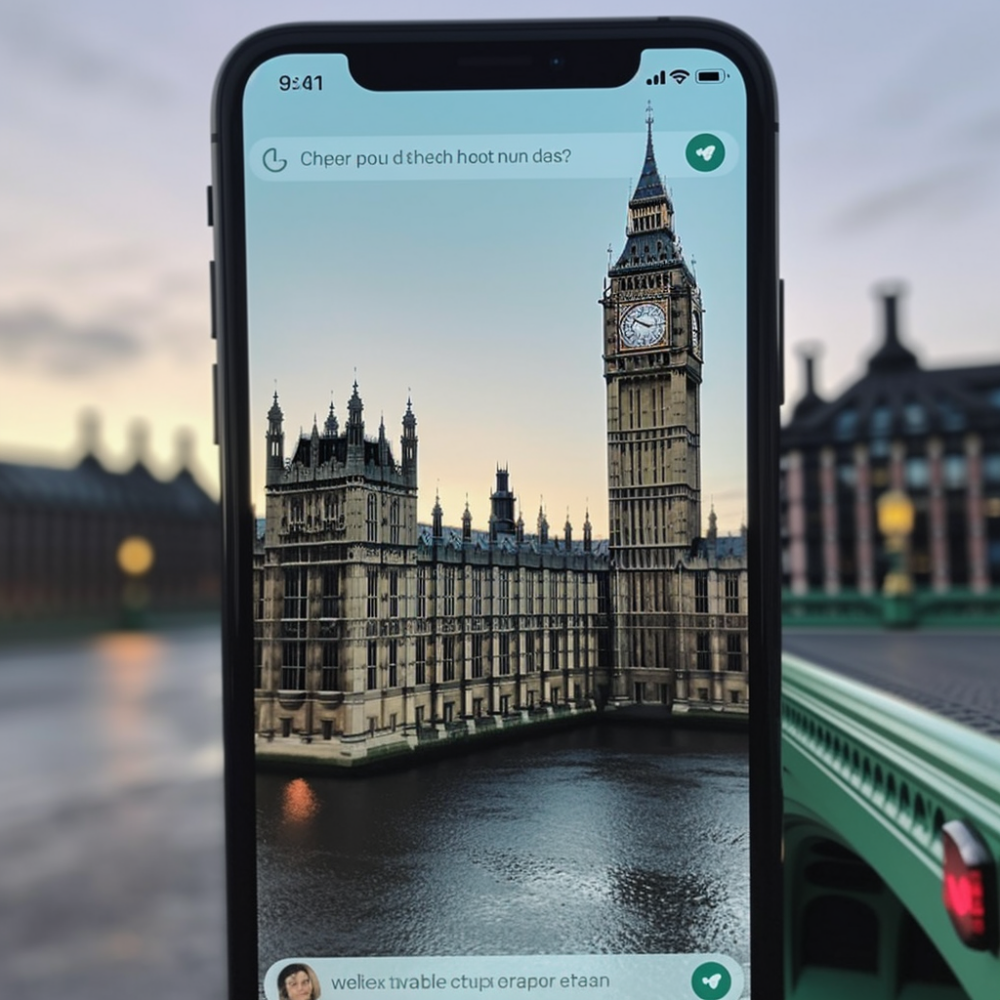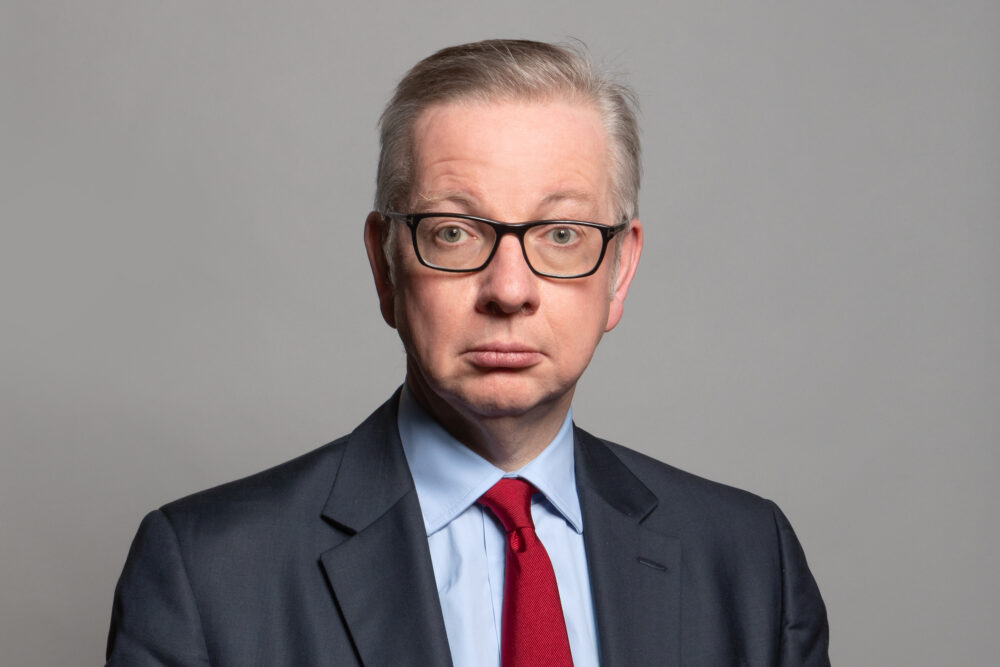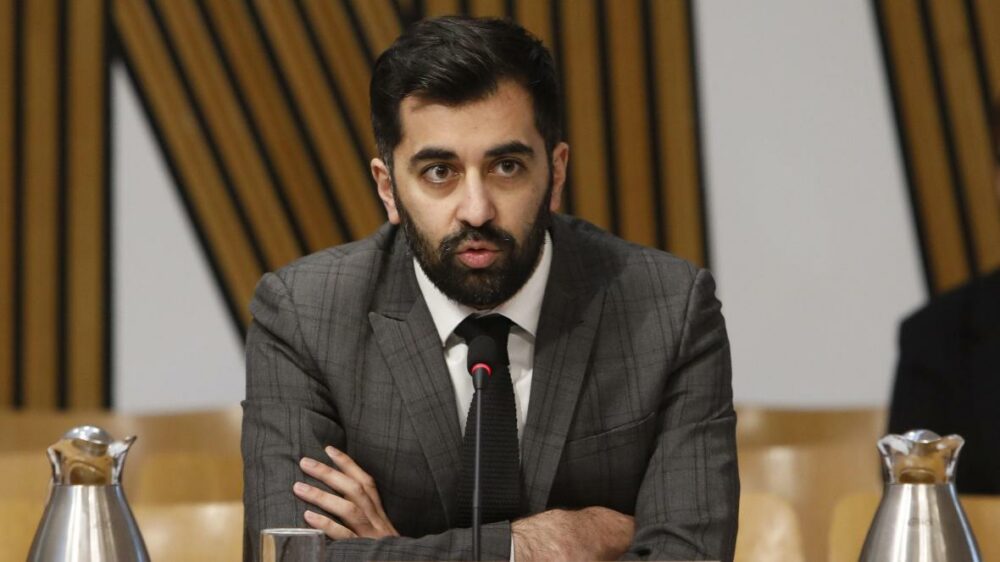A minority majority

In the two decades over which I’ve been writing this blog, I’ve covered—at least in passing—five general elections. In the intervening times, I’ve written more than even I would care to read about UK politics.
And yet, it is only today that I’ve realised that we use the word ‘majority’ in UK politics to mean two entirely different things.
The first, and to me, the most intuitive, is defined by the OED as
The greater number or part; a number which is more than half the total number, esp. of votes; spec. (in a deliberative assembly or electoral body) the group or party whose votes amount to more than half the total number, or which has the largest share of votes; the fact of having such a share.
The outcome of the general election held in 2019 was that the Conservative Party won a majority of 80 seats in the House of Commons. That is, they had 80 more seats than all the other parties combined: the Conservatives had 365 of the 650 seats, while all other parties together had 285. The excess number of seats—the majority—was 80 seats.
But—set your phasers to ‘stun’—we use the word ‘majority’ to mean something completely different at the individual constituency level. We use this, more recent, OED definition:
The number by which the votes cast for one party, etc., exceed those for the next in rank.
To take a topical example, Nadine Dorries won her Mid Bedfordshire seat with a reported majority of 24,664. Dorries garnered 38,692 votes, her nearest competitor won 14,028 votes, and the difference is reported as the majority. We ignore the rest of the votes.
This leads to some oddities. For example, in the 2005 election, Dorries won 23,345 votes—that was 11,355 more votes than her nearest competitor. She therefore won a ‘majority’ of 11,355. Yet, a much larger number of votes—27,075—were for other candidates. Like many candidates, Dorries therefore simultaneously won a minority of the votes, yet secured a stonking five-figure majority.
This weird convention makes sense in terms of the numbers it prioritises. A government with a healthy majority can command increased confidence in its ability to pass legislation. Similarly, a legislator with a health majority can command increased confidence in their re-election prospects. It makes little difference how far ahead the government is compared to the official opposition, and it makes little difference how far ahead (or not) the legislator is versus the entire field of opponents.
But, blimey, how have I lived for thirty-eight years without noticing this quirk?
The image at the top of this post was generated by Midjourney.
This post was filed under: Politics, Post-a-day 2023, Oxford English Dictionary.








